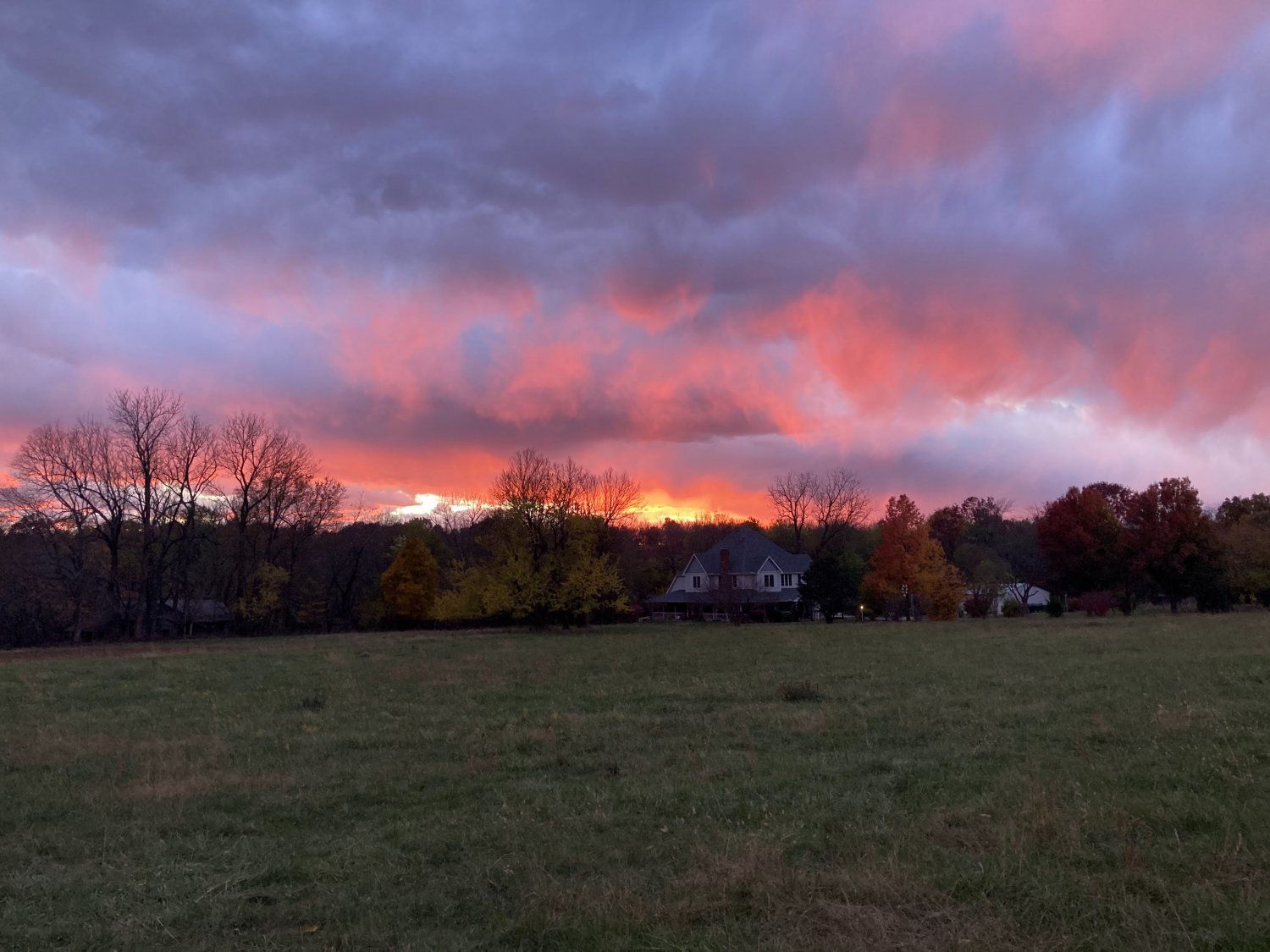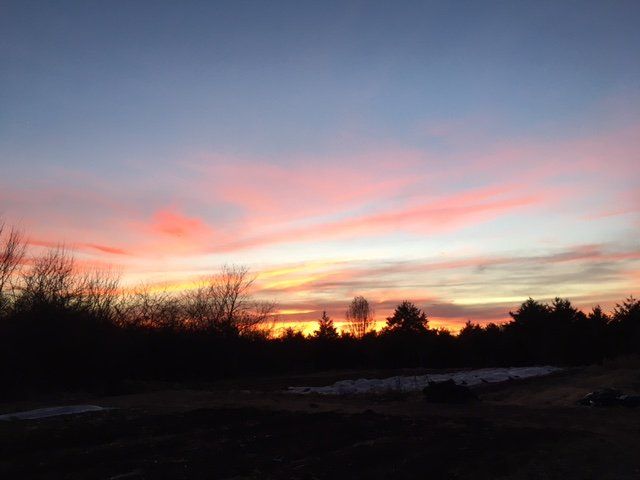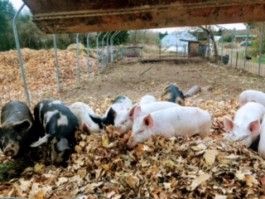Reminder; we want your leaves! Those fall leaves you rake and haul away are a great amendment to our soil, so if you have leaves, yardwaste, or twigs smaller than your thumb, we'll gladly take them. Bring them out to the farm, and you'll be helping us grow great veggies, plus making the pigs happy.
A few words about why we choose growing organic practices over synthetic chemical production. When we got started in farming fourteen years ago, we had an important decision to make; we could use synthetic chemicals like petroleum based fertilizer, pesticide, and herbicides, or commit to using only organic practices to fertilize, control pests and weeds, and build our soil. Sarah and I considered four things in making this decision;
1. We both love the outdoors, floating on rivers, swimming in creeks, hiking in the hills, camping in the woods. We value clean water, air, and soil for recreation and are concerned about the trend toward greater and greater degradation of these resources.
2. Synthetic chemicals in our food concern us; we would rather have our kale without a side of carbaryl (the active ingredient in Sevin). These chemical pesticides have been presented to us as completely safe by those selling them, while the research has consistently shown that a diet which contain neurotoxins and endocrine disruptors is bad for us…
3. We are convinced that we have been entrusted with the stewardship of this little piece of Creation by the Creator, and as his loving servants, we want to steward in a way that builds diversity and resilience, which is the theme of organic agriculture.
4. Finally, we have always wanted to live in such a way that our children can participate fully in our daily work and living, in line with our philosophy of parenting, which starts from the foundation that we hope to raise adults who know what it is to do valuable and noble work.
Taking all of this together, the choice to go organic was clear to us. This of course has implications beyond these four considerations; it sometimes means we don’t have easy solutions for conditions brought on by difficult weather (for example, the fungus and bacteria which killed our outside tomatoes in the summer of 2015). It also means that weeds are our constant nemesis, so our weed management strategy must be much more diverse, complicated, and labor intensive than Round-Up. On the other hand, it means that the water in the creek where we swim has fewer agricultural chemicals than it would if we were using synthetics, and it also means that sometimes we get treated to a swallowtail butterfly cruising through our carrot beds, laying a few eggs so there will be more swallowtails next season. Is this a good or bad trade? Good stewardship leads to more diversity and beauty, and so I’ll trade a few carrots for more splendid butterflies for my members and children to enjoy.






